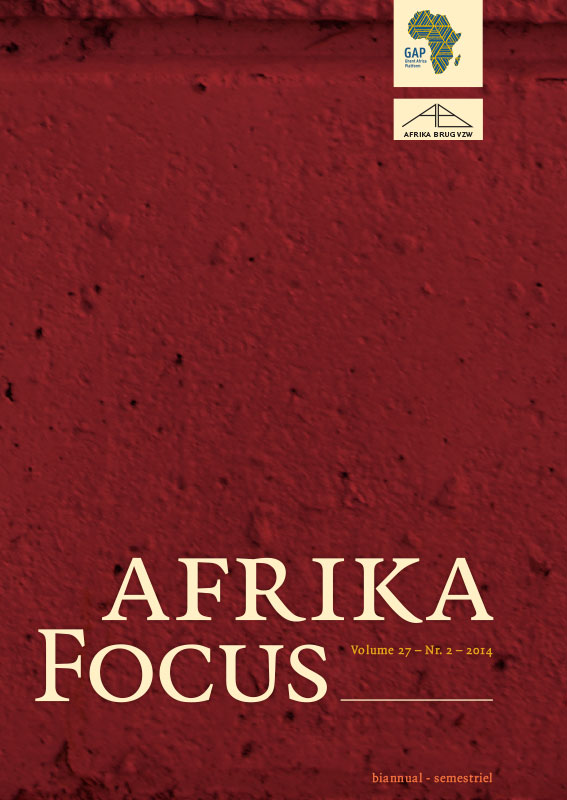Women’s participation in decentralized local governance: the case of pastoral and non-pastoral women in Kondoa local authority, Tanzania
DOI:
https://doi.org/10.21825/af.v27i2.4887Abstract
This summary of my PhD thesis explains the reasons behind and the effects of pastoral and non-pastoral women’s participation in decentralized local governance in Tanzania. A body of knowledge exists on participation and gender in Tanzania. However, beyond plain statistics, there is limited information on women’s experiences in participation within decentralized local governance in the country. Two main theoretical streams exist in literature concerning participation and gender. One stream of literature argues that women’s descriptive participation leads to substantive women’s participation. The other stream argues that it is important to focus on what specific actors do to represent women’s concerns and not solely on women’s descriptive participation. The data analysed in this report were collected in Kondoa Local Authority, Tanzania. Within Kondoa, the two dominant women groups -pastoral women and non-pastoral women- were selected as case studies. Based on observations, interviews and focus group discussions, I have found that despite the presence of pastoral and non-pastoral women in governance, the quality of women participation is low. Both case studies reveal that women’s participation is mainly limited to their physical presence or the nominal level. Similarly, I have shown that the dynamics of women’s participation determine women’s descriptive and substantive participation in governance. Additionally, I have found that incentives, access to information and power relations signi cantly determine women’s presence in and contributions to governance. Moreover, women’s interest in local governance and their knowledge of the Kiswahili language are also determining factors behind their substantial participation in decision-making. Furthermore, I have found that women in governance have no impact on policy changes concerning women. A general conclusion in this report is that there is a mismatch between women in governance and participation. I argue that having women in governance does not guarantee participation. These results challenge both the women’s descriptive representation and women’s substantive representation theoretical perspectives. I therefore recommend that: (1) policies regarding women’s participation should be reconstructed to ensure not only an increase in women in governance but also that women in that position are able to act for women; (2) a holistic approachis required to understand underlying forces that determine the level and quality of women’s participation in governance; (3) interventions for enhancing women’s participation in governance should take into consideration unique dichotomies and peculiarities among women.Key words: participation, pastoral women, non-pastoral women, decentralized local governanceDownloads
Published
How to Cite
Issue
Section
License
Authors who publish with this journal agree to the following terms
Authors retain copyright and grant the journal right of first publication with the work simultaneously licensed under a Creative Commons Attribution License that allows others to share the work with an acknowledgement of the work's authorship and initial publication in this journal.
Authors are able to enter into separate, additional contractual arrangements for the non-exclusive distribution of the journal's published version of the work (e.g., post it to an institutional repository or publish it in a book), with an acknowledgement of its initial publication in this journal.
Authors are permitted and encouraged to post their work online (e.g., in institutional repositories or on their website) prior to and during the submission process, as it can lead to productive exchanges, as well as earlier and greater citation of published work (See The Effect of Open Access).


